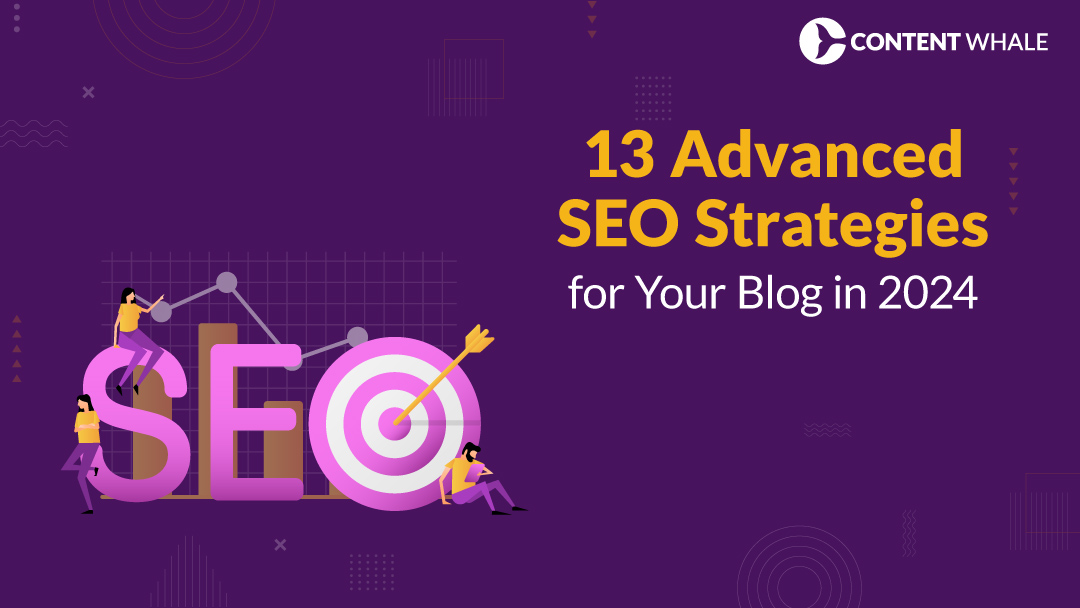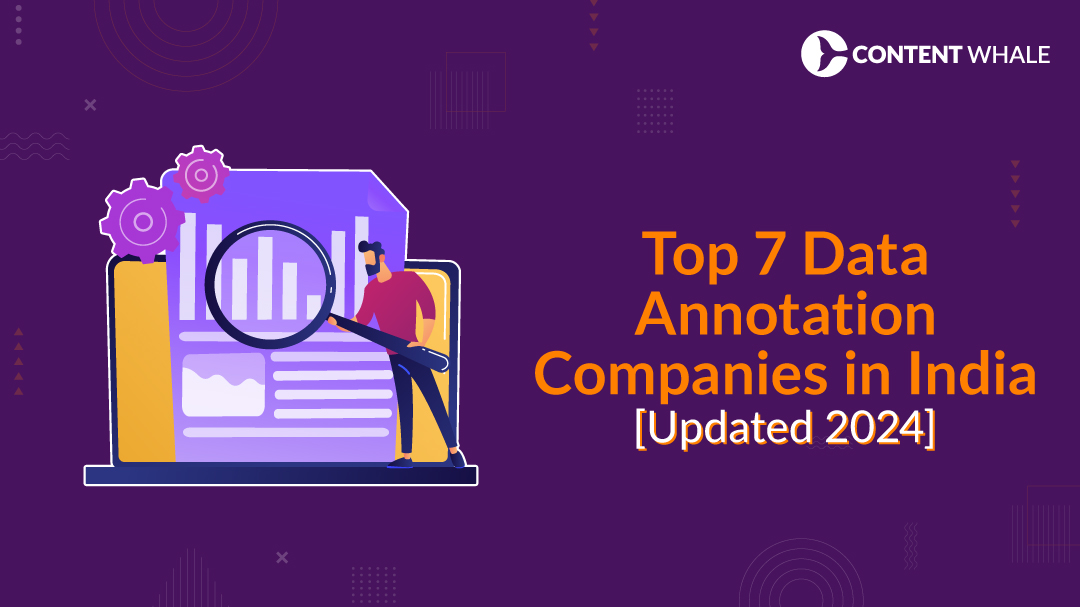SEO is not a one-time thing. It’s an ongoing process that requires constant adaptation and innovation. If you want your blog to rank well in 2024, you need to implement some advanced SEO strategies that go beyond the basics.
Why? Because the competition is fierce and the stakes are high. According to some SEO statistics, Google receives over 7 billion searches per day, and the first organic result gets about 28% of all clicks. That means if you’re not on the first page, you’re practically invisible.
But ranking on the first page is not enough. You also need to stand out from the crowd by using structured data, multimedia content, and other elements that enable rich snippets. These can increase your click-through rates and drive more traffic to your blog.
And don’t forget about user experience. Google is constantly updating its algorithm to favor websites that provide fast, secure, and engaging experiences for their visitors. If your blog is slow, outdated, or irrelevant, you’ll lose your rankings and your audience.
So, how can you optimize your blog for SEO in 2024? Here are 13 advanced SEO strategies that you need to know and apply:
1. Quick Value Delivery: The Key to Engagement
Immediate Value Delivery is crucial. Your blog should provide clear, actionable insights from the very beginning, minimizing bounce rates and maximizing reader engagement—a direct signal to search engines of your content’s value.
2. Elevate with Topic Clusters

Topic Clusters are your blueprint for success. By organizing content into clusters, your blog not only becomes more user-friendly but also establishes domain authority, signaling to search engines your expertise in specific areas.
3. Maximize Internal Linking
Strategic Internal Linking enhances your blog’s SEO framework. Linking from high-authority to lesser-known pages distributes SEO benefits across your site, using precise anchor texts that reflect the content’s core intent.
4. Broaden Your SERP Presence
SERP Real Estate Expansion through rich snippets and multimedia content like videos and images can significantly increase your visibility and click-through rates, making your blog posts more noticeable and attractive.
5. Utilize Paid Ads for Organic Growth

Paid Ads for Visibility can paradoxically boost organic reach. A strategic paid promotion can increase your content’s exposure, encouraging more organic backlinks and enhancing overall visibility.
6. Dominate Featured Snippets
Capturing Featured Snippets places your blog at the top of search results, even above the number one organic listing. Aim to directly answer common queries within your posts to secure these coveted positions.
7. Optimize with A/B Testing
A/B Testing reveals what truly resonates with your audience. Experimenting with various elements of your blog posts can improve engagement, increasing the time readers spend on your site—a positive indicator to search engines.
8. Diversify with Visual Content
Visual Content Diversification not only captivates but retains your audience. Incorporating GIFs, videos, and infographics can significantly enhance user experience and contribute to longer page visits.
9. Link Building through Unlinked Mentions

Unlinked Mention Conversion is a straightforward strategy for backlink acquisition. Identifying and requesting links from mentions of your brand can bolster your backlink profile with minimal effort.
10. Content Audit for Freshness
Regular Content Audits ensure your blog remains relevant and authoritative. Updating or repurposing stale content can revive your blog’s appeal and search engine ranking.
11. Solve Keyword Cannibalization
Keyword Cannibalization Resolution ensures your posts uniquely target specific queries, preventing them from competing against each other and diluting your SEO efforts.
12. Leverage “People Also Ask”

“People Also Ask” for Content Inspiration. Utilizing these queries for new blog topics or to enhance existing content can capture additional long-tail traffic, enriching your SEO strategy.
13. Dive into Log File Analysis
Log File Analysis offers insights into how search engines interact with your site. Addressing crawl efficiency and technical SEO issues based on this analysis can significantly improve site performance.

And that’s it—your guide to making your blog stand out in 2024 with advanced SEO strategies. This isn’t about chasing trends; it’s about making smart, strategic moves to get your blog noticed and appreciated.
By following these 13 strategies, you’re taking real steps towards improving your blog. It’s about making your blog better for your readers and getting it recognized by search engines. The aim here is clear: more visibility, more readers, and more impact.
Think about the difference these strategies can make. More people finding your blog, reading your posts, and coming back for more. That’s what happens when you focus on what works in SEO today.
So, what’s next? It’s time to put these strategies into action. Update your old posts, make your site faster and more user-friendly, and keep creating great content. It’s straightforward work, but it makes all the difference.
Here’s to your blog’s success in 2024. With these strategies, you’re well on your way to getting your blog the attention it deserves. Start now, and see where these steps can take you.

Q. What are advanced SEO strategies for 2024?
A. Advanced SEO strategies for 2024 include focusing on immediate value delivery, organizing content into topic clusters, strategic internal linking, expanding SERP real estate with rich snippets and multimedia, leveraging paid ads for organic growth, capturing featured snippets, conducting A/B testing, diversifying content with visuals, converting unlinked mentions, conducting regular content audits, resolving keyword cannibalization, utilizing “People Also Ask” for content inspiration, and analyzing log files to improve site performance.
Q. How can topic clusters improve my blog’s SEO?
A. Topic clusters can significantly improve your blog’s SEO by organizing your content around central themes or pillars. This structure helps search engines understand the relationship between different posts, enhancing your site’s authority on specific topics, leading to better rankings and a more intuitive user experience.
Q. Why is strategic internal linking important for SEO?
A. Strategic internal linking is crucial for spreading link equity throughout your site, helping to boost the SEO value of individual pages. It guides users to relevant content, increasing dwell time and reducing bounce rates, while also helping search engines index your site more effectively.
Q. How do featured snippets enhance blog visibility?
A. Featured snippets provide a direct answer to users’ queries at the top of Google’s search results, even above the first organic listing. Securing a featured snippet spot enhances your blog’s visibility, drives more traffic, and positions your content as authoritative and credible.
Q. What role does A/B testing play in blog optimization?
A. A/B testing plays a pivotal role in blog optimization by allowing you to experiment with different elements of your posts to see what resonates most with your audience. Effective A/B testing can lead to higher engagement, longer dwell times, and improved conversion rates, which are positive signals to search engines.
Q. How often should I audit and refresh my blog’s content?
A. Regularly auditing and refreshing your blog’s content is essential for maintaining its relevance and authority. Aim to review your content at least once a year, updating outdated information, enhancing posts with new insights, and repurposing or removing content that no longer aligns with your goals.





